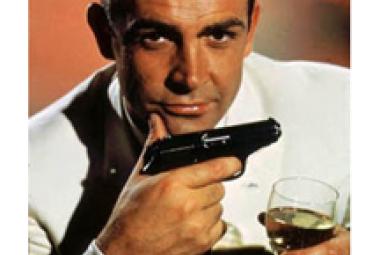“If I Had a Rocket Launcher” is a song by Canadian singer-songwriter Bruce Cockburn, from his 1984 album Stealing Fire. The song was inspired by Cockburn’s visit, sponsored by Oxfam, to Guatemalan refugee camps in Mexico following the counterinsurgency campaign of dictator Efraín Ríos Montt. Although Cockburn had occasionally touched on political themes in his earlier songs, “If I Had a Rocket Launcher” was his first explicitly political song to be released as a single, and earned him a new reputation as an outspoken musical activist. In a later interview, Cockburn stated that the song “is not a call to arms; this is a cry”. (More from Wikipedia)
After a time, Bruce Cockburn became more political in his beliefs and more polemic in his performances, culminating in his excellent album Stealing Fire (1984). The first single from the album, “Lovers in a Dangerous Time” was inspired by seeing children expressing romantic love in a school playground. His next release from the album was the first overtly political Bruce Cockburn single, “If I Had a Rocket Launcher”. Cockburn wrote this song after visiting Guatemalan refugee camps in Mexico following political unrest in that country. As Wikipedia describes it: “In the song, [Bruce] Cockburn despairs of waiting for a political solution to the crisis, and expresses the desire to take matters into his own hands. Each verse ends with a line stating what Cockburn would do if he had a rocket launcher: in the first verse, I’d make somebody pay. In the second, I would retaliate. In the third, I would not hesitate. The fourth and final verse ends with the song’s most famous and controversial lyric: ‘If I had a rocket launcher, some son-of-a-bitch would die.’”
In light of this next single, “Lovers in a Dangerous Time” was re-interpreted by many as referring to the same Guatemalan refugee crisis that inspired “If I Had a Rocket Launcher”, or to the AIDS epidemic that was beginning to sweep the world in those days. Bruce Cockburn has said that he was pleased by both of these later interpretations.
(November 2014)















